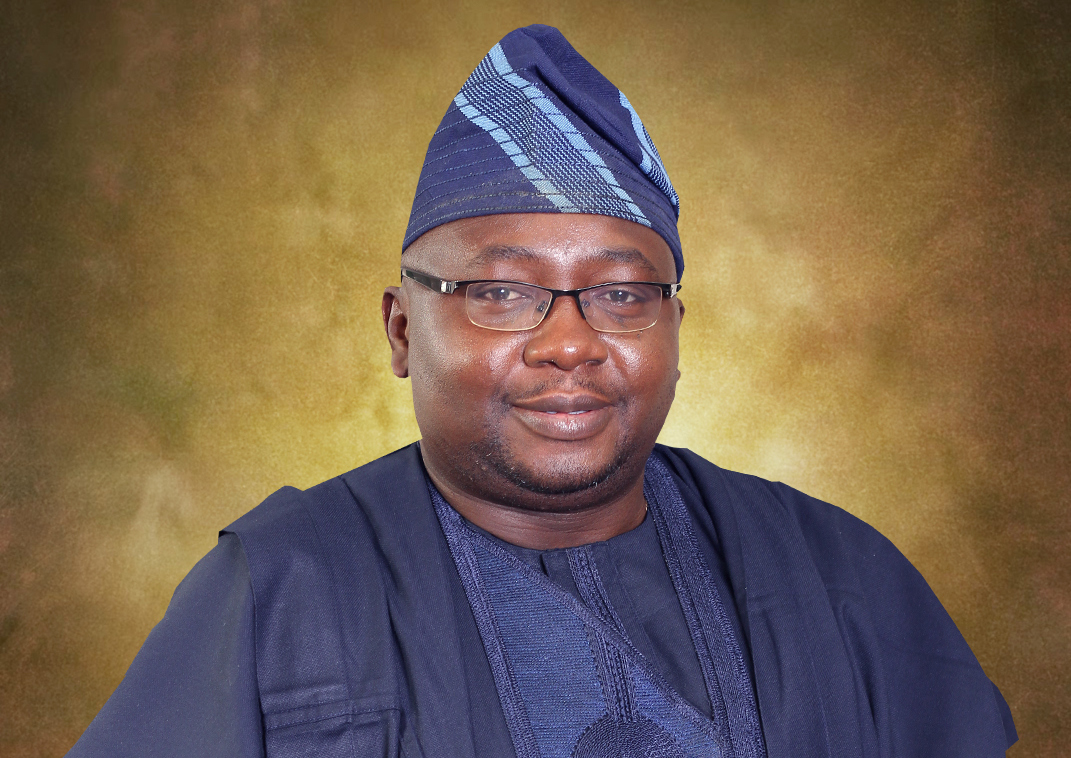655
Daniel Adaji
The Federal Government has directed the Nigerian Electricity Regulatory Commission (NERC) to enforce franchising in Nigeria’s power distribution sector, despite longstanding resistance from Electricity Distribution Companies (DisCos).
Power Minister Chief Adebayo Adelabu issued the directive on Monday following a meeting in Abuja with representatives of the Japanese International Cooperation Agency (JICA), where a reform roadmap titled “Revamping of the Distribution Sector in Nigeria” was presented.
DisCos have historically resisted franchising initiatives, citing concerns over revenue loss and operational control. Many DisCos are technically insolvent, struggling with debt and unable to invest in infrastructure upgrades.
“We can no longer fold our hands and watch the inadequacies of DisCos whose performances fall short of expectations. This pilot is not optional—we will use regulatory authority to restructure underperforming DisCos and compel compliance if necessary,” Adelabu said.
The government has launched a pilot scheme to overhaul two struggling DisCos—one in the North and one in the South—between May and August 2025. The initiative aims to model how operational turnaround can be achieved through a mix of internal restructuring, external expertise, and firm regulatory oversight.
Adelabu emphasised that the franchising model is central to the plan. “NERC must secure their buy-in. Past efforts failed due to resistance, but this time, we will be intentional and decisive,” he said.
According to the Minister, poor infrastructure investment remains a major hurdle.
“Their lack of investment is not solely due to unwillingness but also a lack of incentives,” he explained.
“Returns on infrastructure spending are not commensurate, so we must attract investors and franchise viable and the not so viable areas to capable operators, so we can have a mix,” he added.
He also addressed challenges unique to certain regions.
“We’ll tackle both universal challenges like vandalism and governance, and region-specific issues including cultural barriers hindering operations,” he noted.
The JICA proposal, based on insights from the Minister’s earlier visit to Japan’s energy market, emphasises measurable improvements and a “holistic approach” that includes expert input and public-private collaboration.
JICA advisor Takeshi Kikukawa said, “The goal is to deliver immediate results in pilot areas while creating a sustainable foundation for nationwide improvement.”
Adelabu underlined the importance of consumer education in winning public trust. “Many Nigerians still view the sector as a single entity. Educating consumers is critical to building trust and support for these reforms,” he said.
Final details of the pilot will be determined in the coming months, with priority given to DisCos facing acute operational failures.



